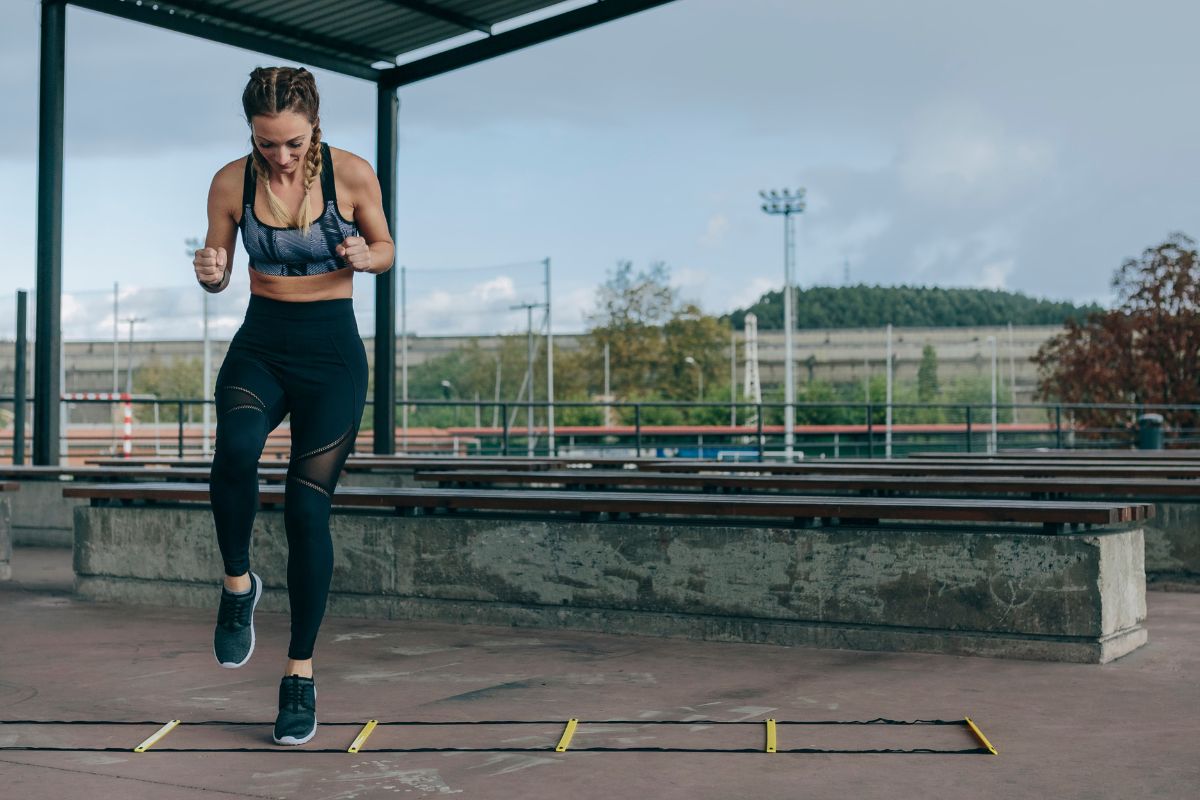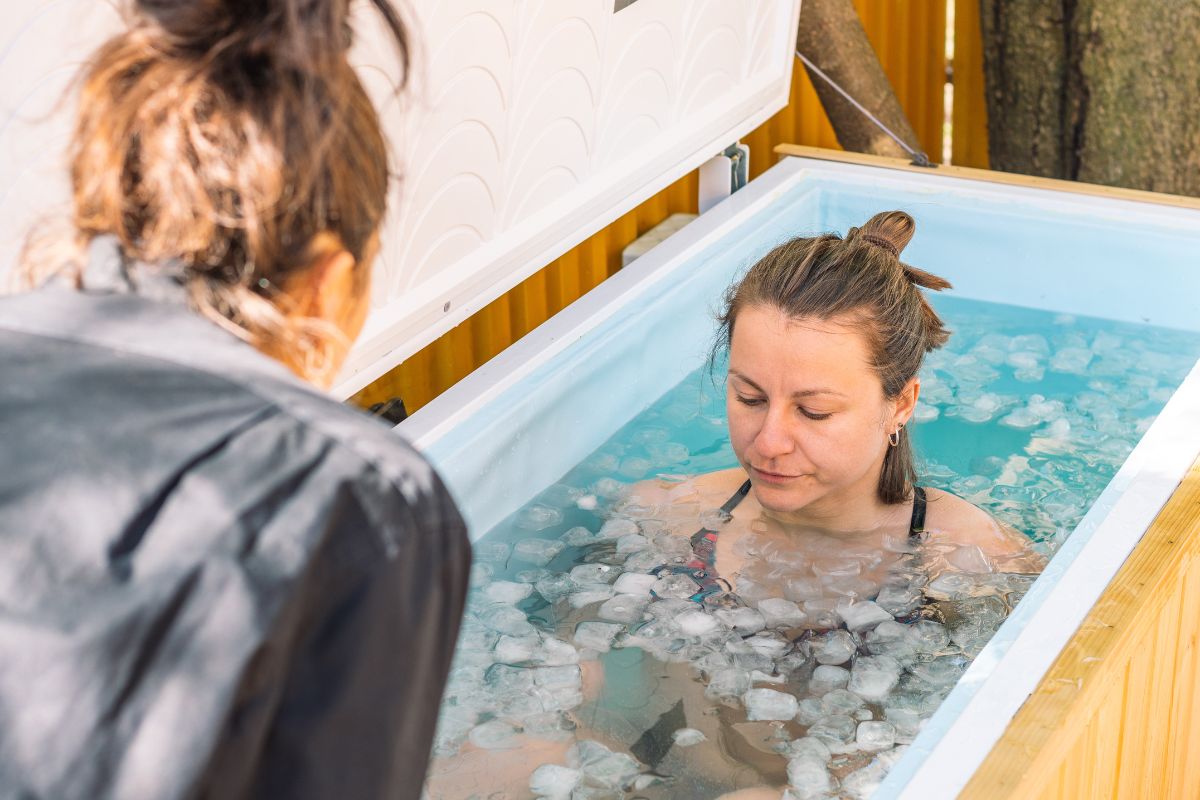fitness
Recovery and How Physiotherapy Can Enhance Your Training Program
inadequate recovery can lead to fatigue, burnout, and unwanted injuries.

When it comes to exercise and sports, recovery plays a vital role in achieving optimal performance. It is just as important as the training sessions themselves. Without proper recovery, our bodies won't have the opportunity to adapt and improve. Moreover, inadequate recovery can lead to fatigue, burnout, and unwanted injuries.
At Four Physio & Health, we understand the significance of recovery in maximising your athletic potential. Our physiotherapy services in Christchurch are specifically designed to support athletes and help them achieve their goals. Whether you're a runner, a sports enthusiast, or someone engaged in high-intensity training, physiotherapy can play a crucial role in your overall recovery and training program.
General Recovery and Athlete Training
Physiotherapy is an essential component of any athlete's training program. It focuses on improving movement, function, and performance while reducing the risk of injuries. Partnering with an experienced physio can provide you with personalised strategies to optimise your recovery and enhance your athletic performance.
Physiotherapy encompasses a wide range of techniques and treatments that can benefit athletes during their recovery process. These may include:
Rehabilitation Exercises: Our physiotherapists will create tailored exercise programs to strengthen specific muscles, improve flexibility, and restore your body's balance and stability.
Massage: Massage has been shown to be beneficial when it comes to injury prevention and management, as well as for physiological recovery of soft tissue by improving blood flow to particular areas of the body.
Injury Prevention Strategies: Our physiotherapists can assess your movement patterns, identify potential areas of weakness or imbalance, and provide you with exercises and techniques to prevent injuries before they occur.
In addition to this, there are other methods that can aid in sports recovery.

Sleep
Sleep is so important for many reasons, one of which is recovery from exercise. If an athlete is getting less than six hours of sleep per night for 4+ nights in a row, this has been shown to negatively impact mood, immune function, recovery and overall performance. Aiming for regular naps or to improve bedtime routine and sleep hygiene (eg, reducing screen time prior to sleep) is a good place to start.
Nutrition
Nutritional requirements will change depending on training loads and stage of life. Speaking with a qualified sports dietitian regarding your individual needs is recommended.

Hydrotherapy
Research suggests that the use of cold water therapy (cwt) or contrast water immersion (cwi) could be beneficial for recovery and performance, depending on the individual. Cwt should be aimed at 10-15 degrees for approximately 15 minutes. Cwi temperatures are similar, with the hot immersion being 38-40 degrees. The time spent between hot/cold should be equal.
Compression
When used safely, there are no negative effects of compression. Some athletes report that they feel recovery is improved when using compression after training sessions. Compression (such as calf sleeves) can be beneficial for improved venous return.
By incorporating physiotherapy (and other useful recovery methods) into your training program, you'll benefit from reduced recovery time, enhanced performance, and a decreased likelihood of sustaining injuries. Our experienced physiotherapists will work closely with you to understand your specific needs and tailor their approach accordingly.